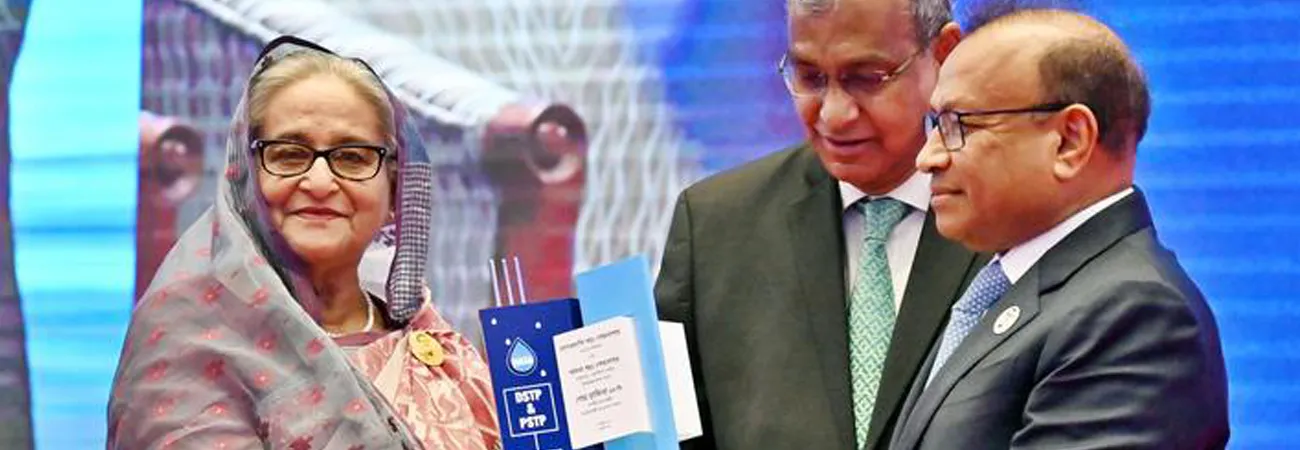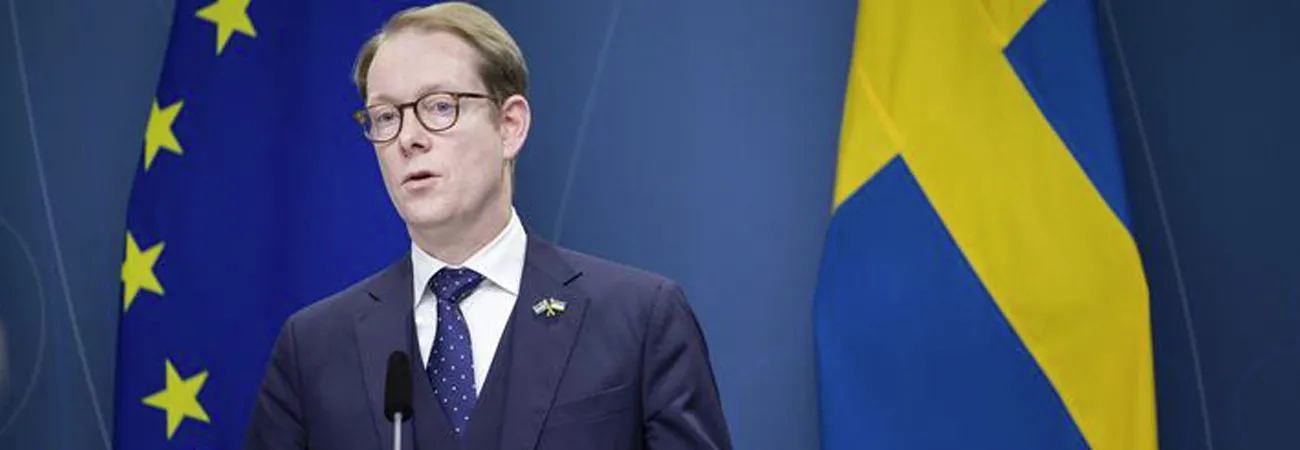XINHUA-PAKISTAN SERVICE
BEIJING, Aug 9 (INP): Pakistan is likely to be one of the major countries, taking benefit of Chinese outbound investment flows that may reach 1.5 trillion U.S. dollars over the next 10 years. It is the part of key Chinese policies, strengthening future overseas investment, mainly under Belt and Road’s initiative. Being the part of this initiative, Pakistan could attract a considerable Chinese investment to complete its future projects under the China-Pakistan Economic Corridor (CPEC), says a media report published here on Wednesday. Net inflow of almost $600 million from China, foreign direct investment (FDI) in Pakistan surged 38.8% during the last financial year, according to statistics released by the State Bank of Pakistan (SBP). With almost all countries that had traditionally invested in Pakistan now pulling out their investments, China has increased its FDI as part of the CPEC. President Xi Jinping while addressing Belt and Road's summit held in Beijing assured his country's financial support to the member countries including Pakistan. China's outbound investment is set to grow 70 percent over the next 10 years from a total of 880 billion dollars over the period of 2007 to 2016, predicted the report published by international law firm Linklaters LLP. The outbound investment and acquisitions from China will continue to be a significant force in the coming years, as China's long-term policies and initiatives such as "Made in China 2025" and the Belt and Road Initiative have outbound deals at the core, the report said. The "Made in China 2025" strategy, a roadmap released by China's State Council in 2015 to guide the country's advanced industrial manufacturing, has seen steady progress in industrial capability, smart manufacturing, innovation, as well as product quality and branding. Proposed by China in 2013, the Belt and Road Initiative comprises the Silk Road Economic Belt and the 21st Century Maritime Silk Road, and aims to build a trade and infrastructure network connecting Asia, Africa and Europe along ancient Silk Road trade routes and beyond. According to the report, such initiatives mean that the high level of outbound investment is likely to be focused on sectors such as energy infrastructure and high-end technology and electronics, which may be seen by host governments as "strategic" to national security or national interest. This may lead to increased regulatory scrutiny of Chinese outbound deals from foreign governments. The report commended the Chinese government's efforts in supporting the successful execution of outbound deals. Peter Cohen-Millstein, partner of Linklaters in New York, told Chinese media that "lessons are being learned both in China and around the world which will undoubtedly help to reduce friction and increase deal flow momentum." INP/J/AJ





